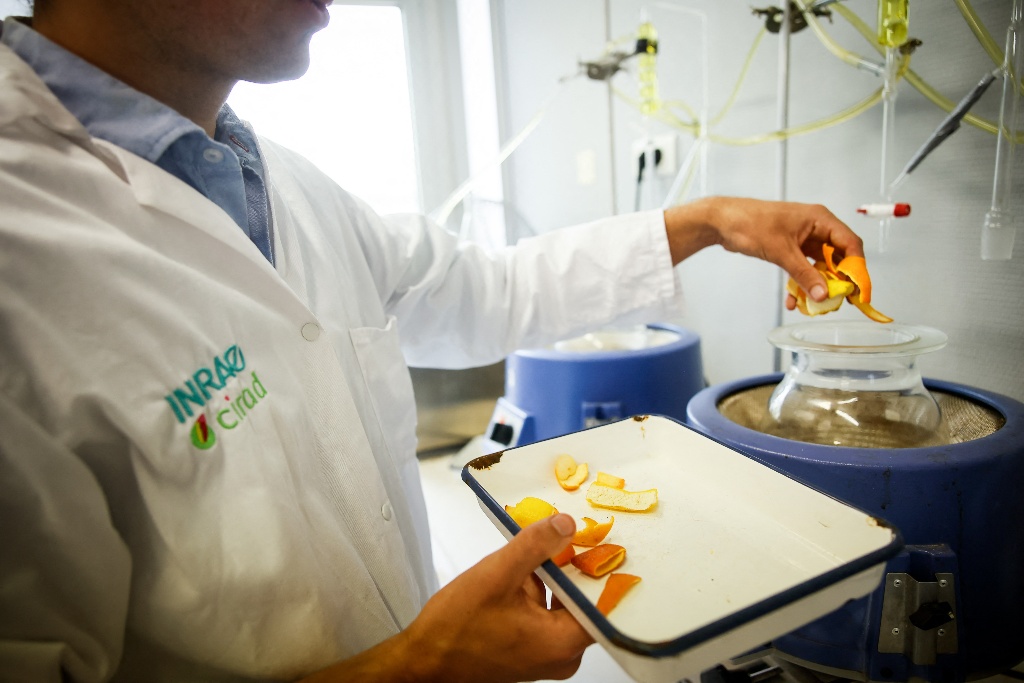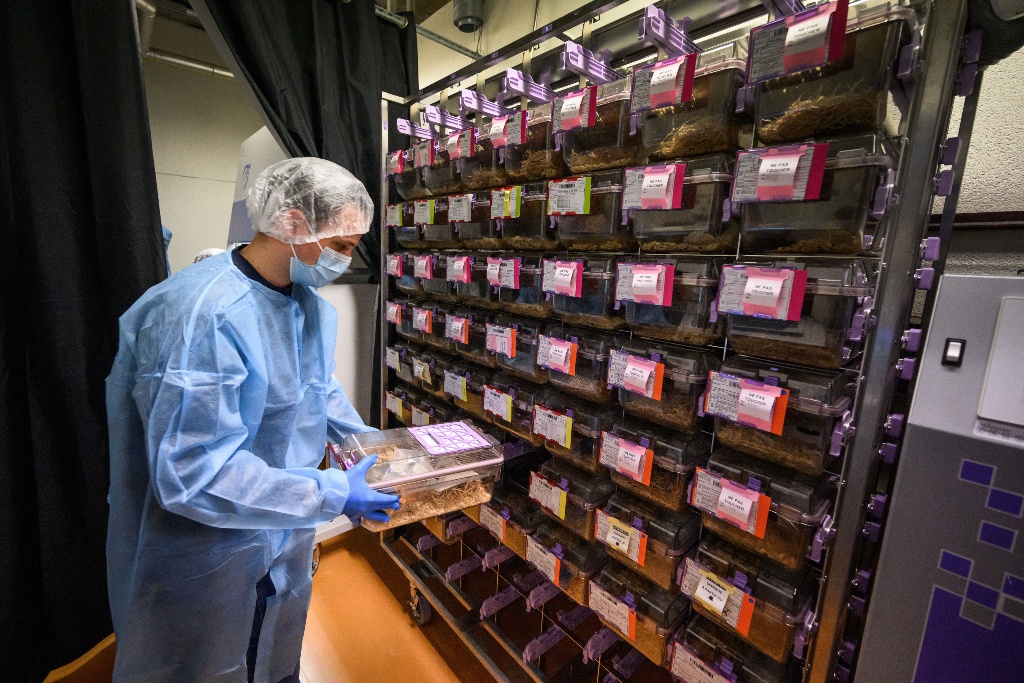
As inflation in the UK hits an all-time high in four decades, postgraduate students are searching for institutions with the highest PhD stipend. The Guardian reported that the increased cost of living has pushed stipends below the living wage, resulting in some struggling to pay rent and forcing them to work part-time jobs.
In June 2022, UK Research and Innovation (UKRI), the UK’s largest single funder, which supports about 105,000 postgraduate research students through seven research councils, announced that the minimum stipend for UKRI-supported students is due to increase by 2.9% for the 2022-23 academic year.
Students are saying this isn’t enough. In an open letter to UKRI, they request doctoral stipends to be raised with current inflation levels.
At the time of writing, the Bank of England reports that the current inflation rate in the UK is at 10.1%, according to the Consumer Price Index. Meanwhile, inflation in Canada has hit an all-time high in three decades.
You might be considering whether it is worth pursuing a PhD in the current economic climate. If you are struggling financially, Muhammad Mohsin Ijaz, author of “Is PhD for me”, pens down a few countries that are affordable for postgraduate students to pursue their PhD, using Numbeo to check the living wage of a country. Here are his top recommendations:

The cost of living in a specific country can make or break your decision to pursue a PhD. Source: Thomas Padilla/Cointreau
Four countries with the highest PhD stipend
1. Norway
Average PhD stipend (per annum): US54,935 US dollars
Average living cost, including rent (per annum): US$32,520
Pursuing your PhD in a country regularly ranked with the best quality of life in the world can be a fulfilling experience. Plus, there are no tuition fees in the Norwegian higher education system since you are an employee of the university — earning a doctoral salary and associated worker’s rights.
Norway is also strategically located between Europe and the Arctic, allowing for specialised research opportunities like marine research, energy and climate, medicine and health, food, and many more. There are four types of universities in Norway to pursue your PhD: universities, specialised universities, university colleges, and private specialised universities, as stated by FindAPhd.
2. Denmark
Average PhD stipend (per annum): US$54,636
Average living cost, including rent (per annum): US$33,960
While students from the European Union or European Economic Area can pursue their PhD at public universities in Denmark for free, this country is also suitable for international postgraduate students. Tuition fees for PhD students reportedly range between 6,000 and 16,000 euros per year — which is more affordable than studying in the US, Canada, or Australia.
Furthermore, Denmark’s universities are top-ranked. This means they are well-equipped and can provide excellent research opportunities for PhD students. Some of these universities include the University of Copenhagen, Aarhus University and the Technical University of Denmark.

Switzerland is home to multiple QS-ranked universities, such as the University of Geneva and the University of Zurich. Source: Fabrice Coffrini/AFP
3. Switzerland
Average PhD stipend (per annum): US$53,434
Average living cost, including rent (per annum): US$37,656
When you think about Switzerland, the first thought might be the famous Matterhorn or Lake Geneva — but did you know that 50% of PhD students in Switzerland are international students? There are good reasons for this. Every year, the Swiss Confederation and Swiss National Science Foundation award scholarships to international postgraduate researchers who desire to pursue their PhD in Switzerland.
Pair this with the fact that there are four national languages in Switzerland (French, German, Italian, and Romansch) and you will experience a diverse learning environment.
4. Finland
Average PhD stipend (per annum): US$35,388
Average living cost, including rent (per annum): US$26,148
Like Denmark, Finland charges a tuition fee for international students who enrol at a public university. Fees range from 5,000 to 15,000 euros per year, with the University of Helsinki being the most expensive institution, according to Studyportals.
Alongside a solid infrastructure, Business Finland reports that the nation has the world’s most advanced 5G test network. The entire country is linked by a comprehensive bus and rail network — making it easy for students to commute daily to classes or explore the city.










